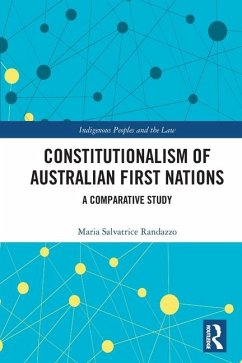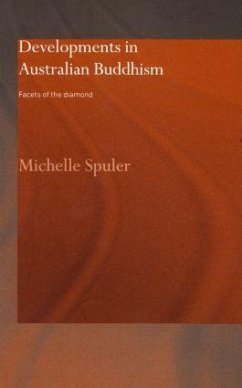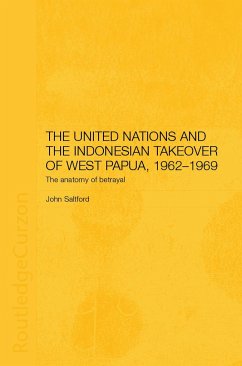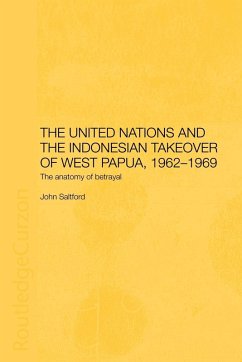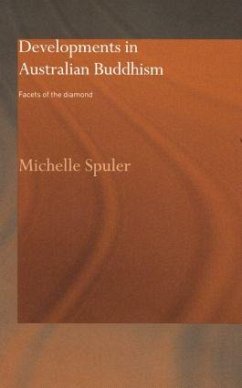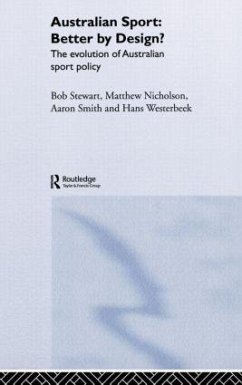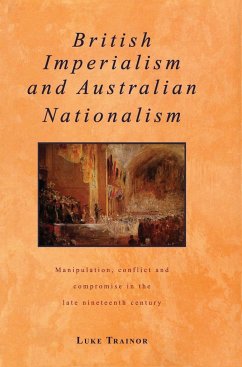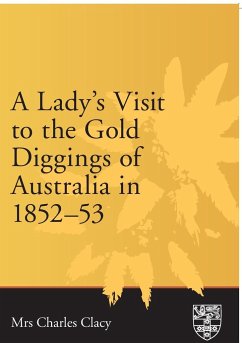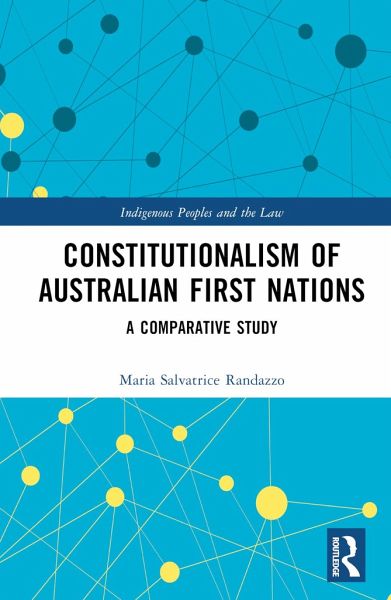
Constitutionalism of Australian First Nations
A Comparative Study
Versandkostenfrei!
Versandfertig in 1-2 Wochen
167,99 €
inkl. MwSt.
Weitere Ausgaben:

PAYBACK Punkte
84 °P sammeln!
The book considers Australian First Nations constitutionalism by drawing on the chthonic constitutional traditions of three distinct Australian First Nations legal orders: the Warlpiri, Yolngu, and Pintupi legal orders, in the endeavour of identifying, via a comparative analysis, a core of similarities to be drawn upon and articulate an emergent legal theory common to the three legal orders. The comparative analysis is undertaken at the most foundational levels of their legal traditions, via the prism of a legal paradigm elaborated with reference to an Australian Indigenous cosmological, ontol...
The book considers Australian First Nations constitutionalism by drawing on the chthonic constitutional traditions of three distinct Australian First Nations legal orders: the Warlpiri, Yolngu, and Pintupi legal orders, in the endeavour of identifying, via a comparative analysis, a core of similarities to be drawn upon and articulate an emergent legal theory common to the three legal orders. The comparative analysis is undertaken at the most foundational levels of their legal traditions, via the prism of a legal paradigm elaborated with reference to an Australian Indigenous cosmological, ontological, and epistemological standpoint. The proposed legal theory comprises a broad overview, general concepts, normative principles, and general working principles. In so doing, the book expounds how Australian First Nations constitutionalism unfolds into holistic orders of spiritual, political, and legal authority that are explainable in terms of legal theory. At the most foundational level, such elaboration may help delineate normative and legal constitutional patterns throughout Indigenous Australia.





